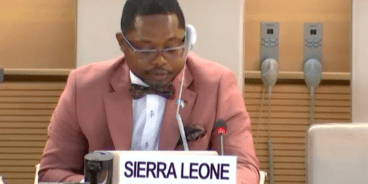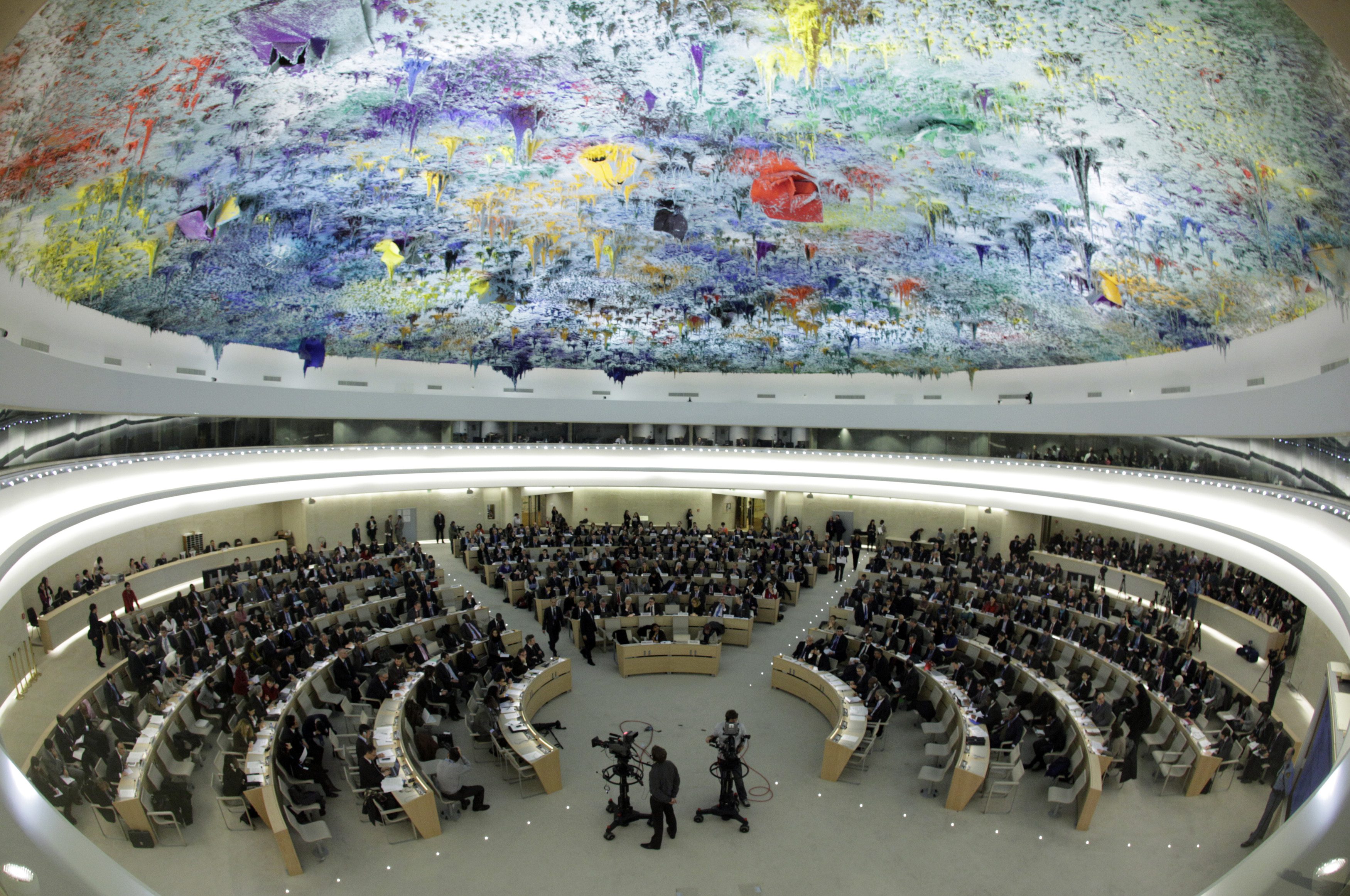
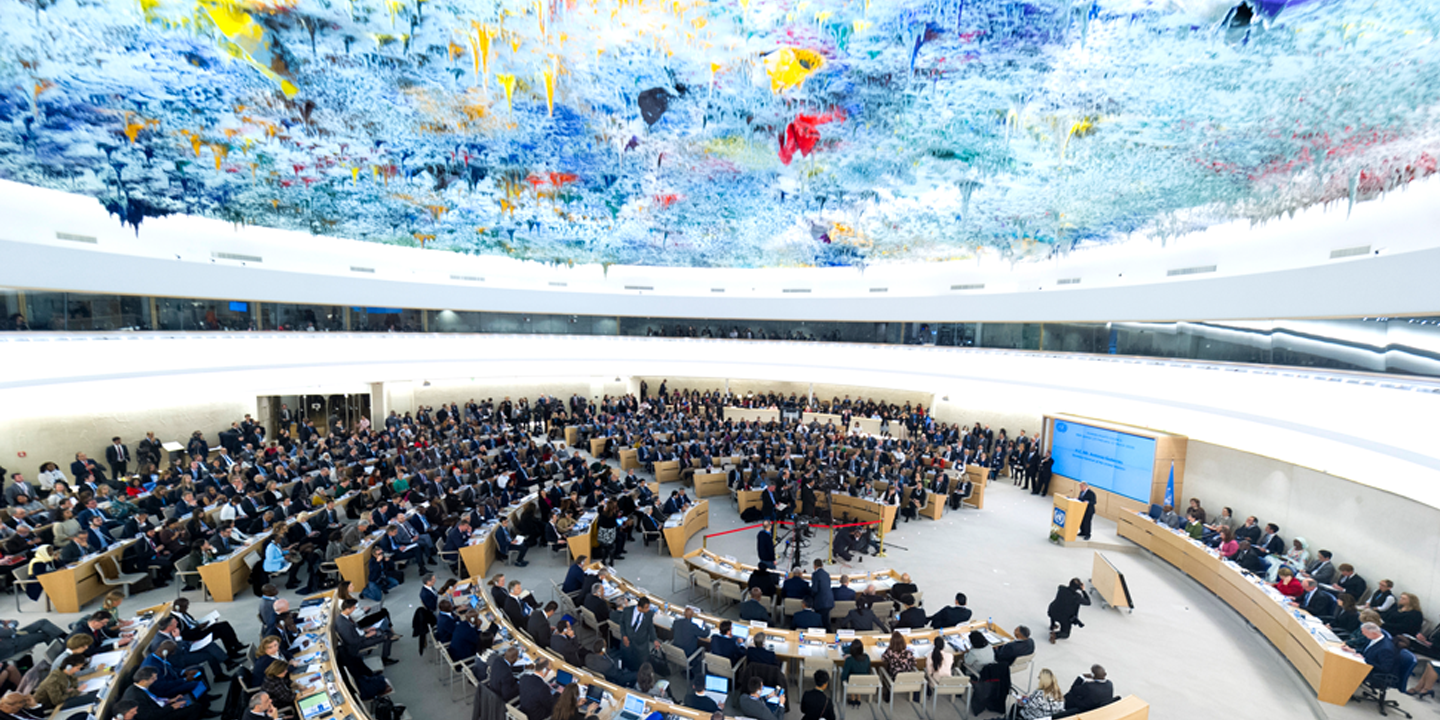
Statement delivered on behalf of the Group of Friends of R2P on Item 2 at the 44th session of the Human Rights Council
Madame President,
I have the honor to deliver this statement on behalf of members of the Group of Friends of the Responsibility to Protect.
Since the Human Rights Council (HRC) held its last session in March, the world has faced an unprecedented challenge presented by the global COVID-19 pandemic and its negative impact on human rights around the world. Our thoughts and prayers go out to all those affected. In this context, we thank the High Commissioner for her tireless efforts to report on human rights violations and abuses, including those committed in the context of COVID-19, and urge the international community to protect vulnerable populations around the world.
COVID-19 left already vulnerable and marginalized communities at greater risk. By compounding structural inequalities and systemic problems, COVID-19 may potentially exacerbate the risk of mass atrocity crimes.
By their very nature, atrocity crimes constitute the most serious human rights violations and abuses. Ensuring the promotion of respect, protection and fulfillment of human rights contributes to the reduction of risks of atrocity crimes. OHCHR, the HRC and its mechanisms and procedures, in accordance with their mandates, play a crucial role in addressing factors that facilitate systematic human rights violations, which often serve as early warning signs of potential atrocity crimes, and contribute to their prevention.
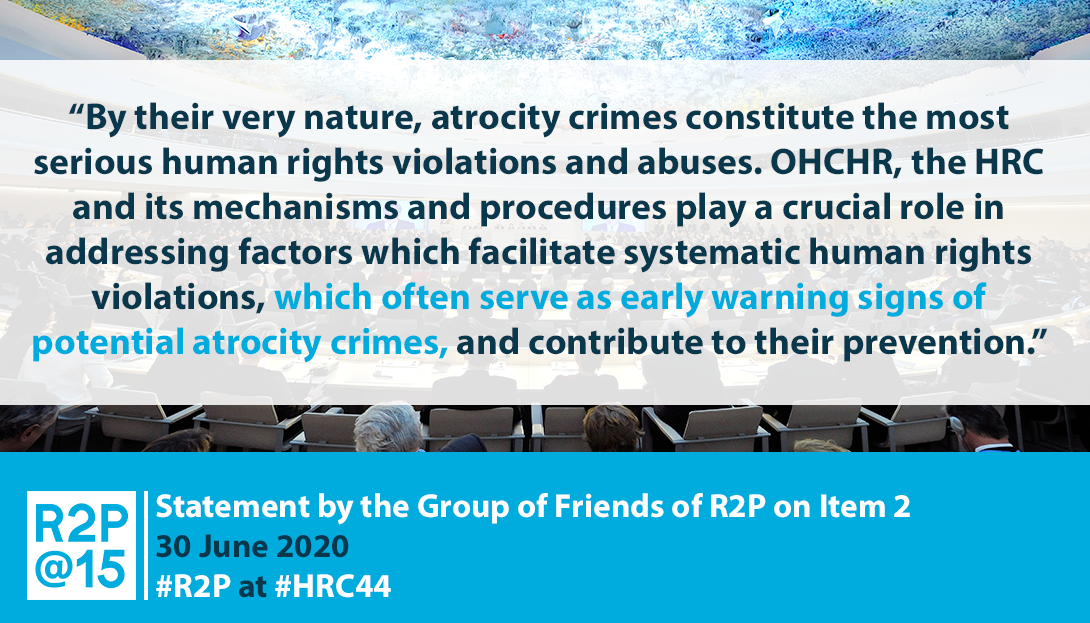
Madame President,
As we commemorate the 15th anniversary of the Responsibility to Protect since it’s adoption at the 2005 World Summit, we would like to use this year’s anniversary to underline the role the human rights system plays in upholding and implementing R2P.
To date, the HRC has directly referred to R2P in 50 resolutions. The UN Secretary-General, in his annual reports on R2P, has further highlighted the unique role that the United Nations human rights system – OHCHR, the HRC, Treaty Bodies, Special Procedures and the UPR – can play in the prevention of atrocity crimes.
It is imperative to continue to uphold and implement R2P because while the world is facing a global health crisis, more than 79.5 million people are displaced globally, many due to conflict, violence and atrocity crimes. In conflict zones around the world, attacks on civilians and other protected persons continue to be perpetrated by both state and non-state actors. In this regard, we welcome OHCHR’s strengthened work on recording civilian casualties, as highlighted in the High Commissioner’s annual report. UN guidance on civilian casualty recording can enhance the protection of civilians in the context of armed conflict situations, shedding light on behavior that has the most adverse effect on civilians and, in some instances, on those responsible.
In this context, we further welcome the statement endorsed by 172 UN member states and observers, including many members of the GoF of R2P, in support of the UN Secretary General’s appeal for an immediate global ceasefire in armed conflicts. We want to use this opportunity to once again call on all parties to endorse this call without delay and mitigate the risks posed by the pandemic. We also call upon all States to put human rights at the center of peacebuilding and conflict prevention efforts.
Madame President,
This year marks the 15th anniversary of R2P and also the 75th anniversary of the United Nations. To uphold our commitment to multilateralism, peace and the protection and promotion of human rights, we call on all member states to redouble efforts to adhere to their human rights commitments, including taking particular measures to address the situation of persons in marginalized and vulnerable situations and uphold their individual and collective Responsibility to Protect.
Thank you.
Related Content

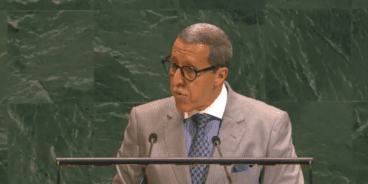
Statement on behalf of the Group of Friends of the Responsibility to Protect at the 2025 UN General Assembly Debate on R2P
